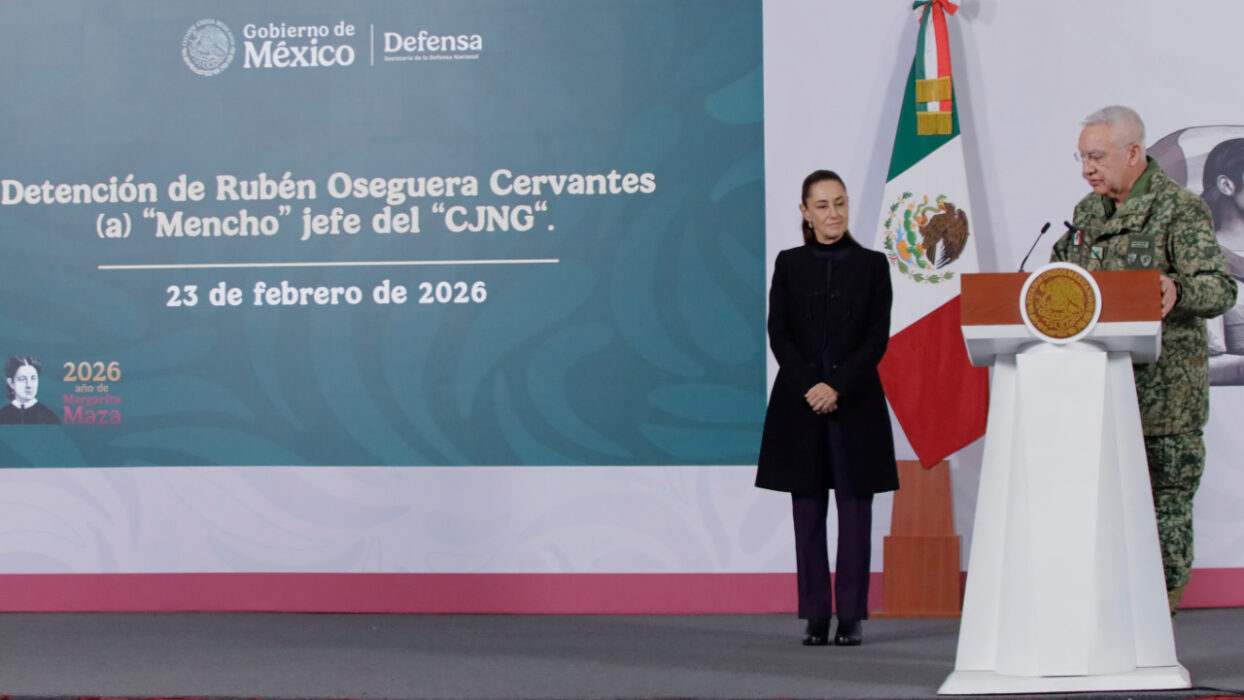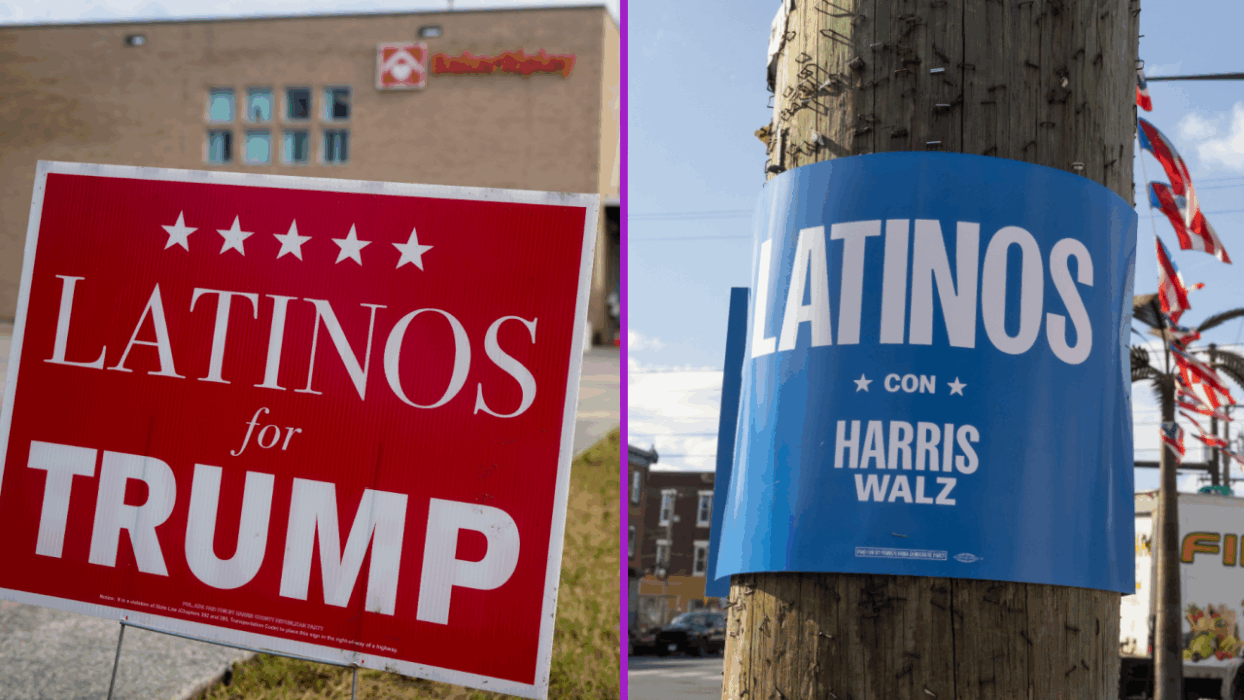
Mexico Issues First Non-Binary Passport
Mexico scrapped the binary gender model and took a giant step towards equality. The government issued its first non-binary passport to mark the International Day Against Homophobia.
The government granted the passport to Ociel Baena, an LGBTQ+ advocate. The activist wore a fantastic headpiece and a smile to receive the document in Naucalpan, a northern Mexico City municipality.
Foreign Minister Marcelo Ebrarand confirmed the news on Twitter. He stated it was “a great leap for the freedom and dignity of people.”
“Within the framework of #DiaContraLaLGTBIfobia, we endorse our support for sexual diversity,” Ebrard wrote on Twitter.
“All rights must be guaranteed for all identities. No more hate speech; diversity enriches and flourishes,” he wrote, marking the International Day Against Homophobia, Biphobia, and Transphobia.
For their part, Baena thanked the Mexican authorities for advancing the rights of the LGBTQ+ community in Mexico.
“It is the first time [the government] issues a document without strategic litigation,” they said.
An important step for Latin America
Issuing the first non-binary passport is a massive step for Mexico. The country stands second in Latin America, after Brazil, regarding crimes of hate against members of the LGBTQ+ community.
According to the National Observatory of Hate Crimes Against LGBTQ+ People in Mexico, in 2022 alone, they registered 22 disappearances and 62 murders, attacks, and suicides. The majority of the victims are trans women and homosexual men.
However, Mexico now joins more than 16 other countries that allow people to change their gender on their passports. Citizens can now legally become non-binary or identify with a third gender.
Other countries include Argentina, Austria, Colombia, Pakistan, India, Nepal, and the United States.
Historically, states recognized gender and sex as falling into two possibilities: male and female. That was it.
But, transgender rights have been gaining a foothold worldwide. Furthermore, a third option — under X, other, unspecified, or third gender — has been recognized in the past ten years.
The first country to recognize X as a marker for transgender or intersex individuals was Australia in 2011.
Mexican consulates and embassies worldwide — including the U.S. and Canada — will issue non-binary passports starting in July 2023.




